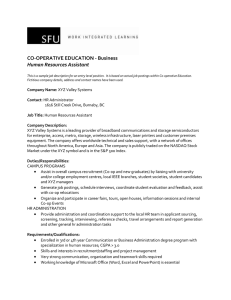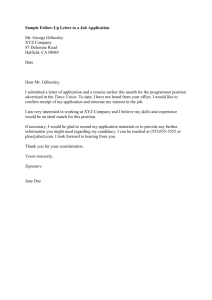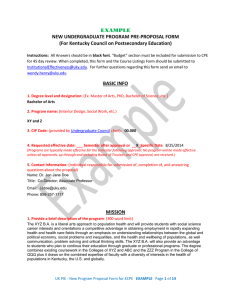Reed Writing Workshop Handout: Identifying Your Personal Narrative
advertisement
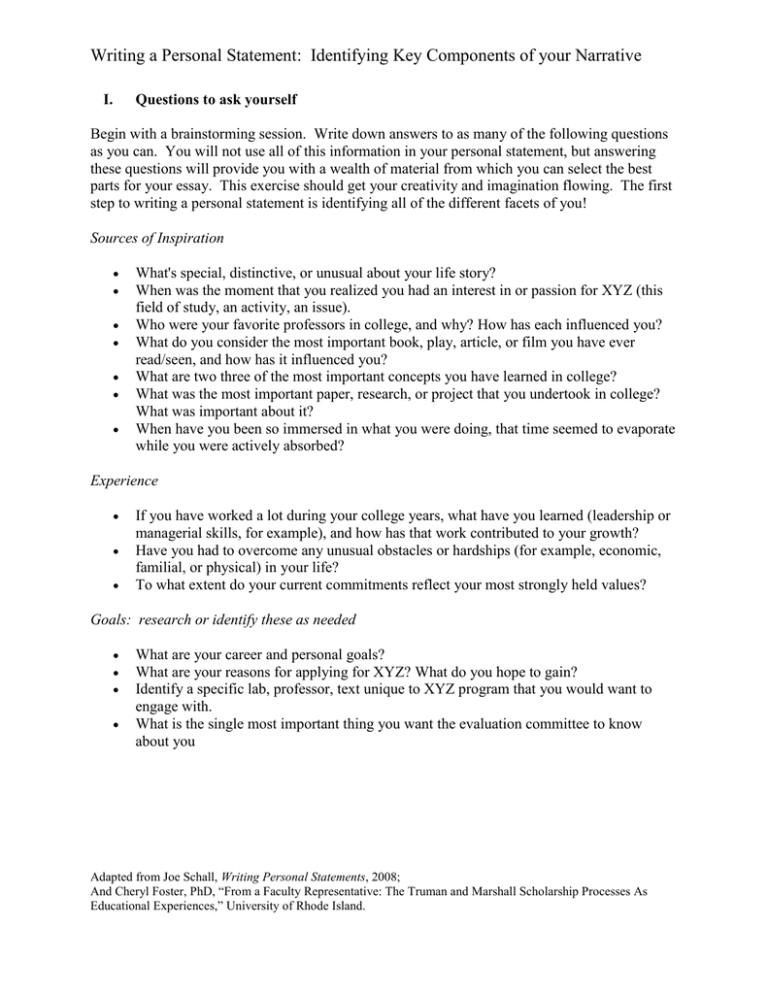
Writing a Personal Statement: Identifying Key Components of your Narrative I. Questions to ask yourself Begin with a brainstorming session. Write down answers to as many of the following questions as you can. You will not use all of this information in your personal statement, but answering these questions will provide you with a wealth of material from which you can select the best parts for your essay. This exercise should get your creativity and imagination flowing. The first step to writing a personal statement is identifying all of the different facets of you! Sources of Inspiration What's special, distinctive, or unusual about your life story? When was the moment that you realized you had an interest in or passion for XYZ (this field of study, an activity, an issue). Who were your favorite professors in college, and why? How has each influenced you? What do you consider the most important book, play, article, or film you have ever read/seen, and how has it influenced you? What are two three of the most important concepts you have learned in college? What was the most important paper, research, or project that you undertook in college? What was important about it? When have you been so immersed in what you were doing, that time seemed to evaporate while you were actively absorbed? Experience If you have worked a lot during your college years, what have you learned (leadership or managerial skills, for example), and how has that work contributed to your growth? Have you had to overcome any unusual obstacles or hardships (for example, economic, familial, or physical) in your life? To what extent do your current commitments reflect your most strongly held values? Goals: research or identify these as needed What are your career and personal goals? What are your reasons for applying for XYZ? What do you hope to gain? Identify a specific lab, professor, text unique to XYZ program that you would want to engage with. What is the single most important thing you want the evaluation committee to know about you Adapted from Joe Schall, Writing Personal Statements, 2008; And Cheryl Foster, PhD, “From a Faculty Representative: The Truman and Marshall Scholarship Processes As Educational Experiences,” University of Rhode Island. Writing a Personal Statement: Identifying Key Components of your Narrative II. Think of your story as a five-minute documentary film about your life. You are the director - how do you communicate what is most essentially you? Think of the opening scene…Do you want to start with a critical incident, a quote from a professor or other person influential to you, a challenge, a vivid description? Remember that your story need not be chronological. From the opening scene your story might use flashbacks or glimpses into the future. Application essays require you to think analytically about your life, experience, and goals. Identify the most compelling details to share, given the limitations on length. Tie them together in a way that tells a coherent story. You are creating a narrative arc that connects what you have done and what you hope to do using a series of scenes that flow together. Think about how your ideas, actions, interests all come together. III. What question do you need to answer? If you are responding to a specific application question, re-read your responses to the questions above through the lens of your application question. Highlight the material most relevant to the question. Does it focus on leadership? Academic plans? A problem that you solved? A specific research question? Your activities outside of the classroom? If you are responding to a more general prompt, such as, “Describe your academic and other interests, a specific area of proposed study and reasons for studying at XYZ” you will have a lot of room for creativity. Think about which components of your life will address those broad criteria while framing you in the most memorable way. Group the most relevant points from your brainstorming questions into broad categories for this question: which details fall under academic interests, which fall under proposed study? Be prepared to write lots of drafts. If allowed by the application rules, share your drafts widely and get reactions from different people. Get feedback from your advisor, the Fellowships Adviser in the Center for Life Beyond Reed, and the Writing Tutors in the DoJo as well as friends and family. But with all those re-writes, don’t forget the focus on your story! Your goal is to tell a story leaving the reader feeling like they have learned something that makes them want to meet you in person. Use your own voice and try to write a story that you would be interested in reading! And remember, from Aristotle forward, the best strategies for persuasion have included ethos, pathos, and logos. Adapted from Joe Schall, Writing Personal Statements, 2008; And Cheryl Foster, PhD, “From a Faculty Representative: The Truman and Marshall Scholarship Processes As Educational Experiences,” University of Rhode Island.
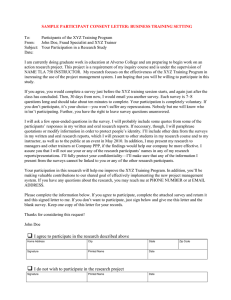
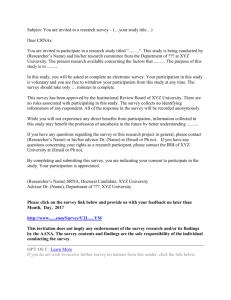
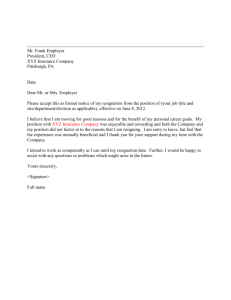
![[Date] [Policyholder Name] [Policyholder address] Re: [XYZ](http://s3.studylib.net/store/data/008312458_1-644e3a63f85b8da415bf082babcf4126-300x300.png)
